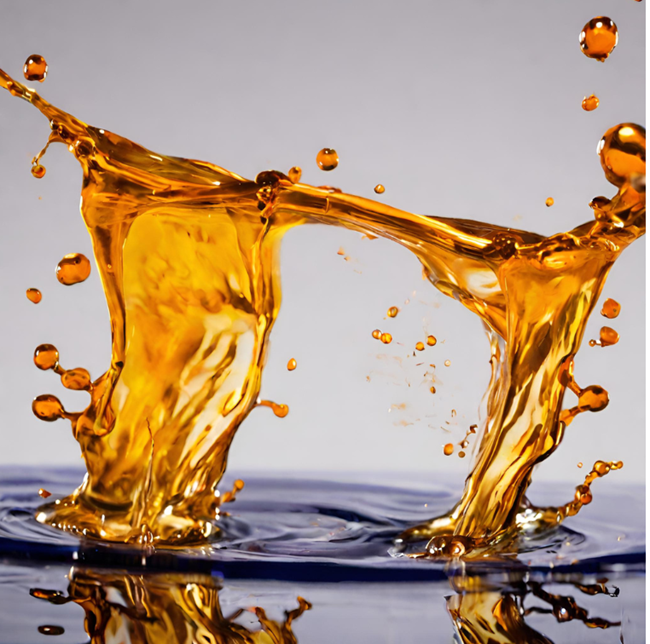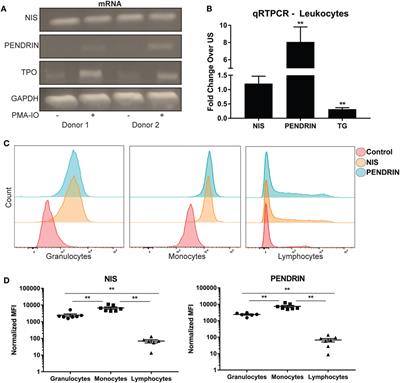
The Extrathyroidal Role of Iodine - Hormones Matter
Iodine deficiency can affect processes outside of thyroid hormones via the extrathyroidal action of inorganic iodine.
 www.hormonesmatter.com
www.hormonesmatter.com
Conclusion and Future Developments
We can appreciate from recent studies that the human genome is set to respond to iodine and at the same time utilize it for fighting infections. When one is sufficiently replete of iodine, they are able to destroy microorganisms directly but also ramp up multiple indirect and direct mechanisms by the intricate network of the human immune system. Overall, from the above discussion we can conclude the following:- Iodine can directly kill microorganisms such as bacteria, viruses, and yeast by interfering with their electron transport chain, protein synthesis or cell membrane.
- The immune system can utilize iodine in powerful compounds such as hypoiodite to kill microorganisms.
- Iodine and iodide can enter immune cells and affect genetic transcription and the function of immune cells. These effects have been shown to enhance the immune system in human cells as well as within large animals.
- Iodine has been used successfully to treat cancers. Part of its anti-tumor effects are both direct (on tumor cells) but by also activating the immune system.
- Some women with infertility or recurrent pregnancy loss seem to have low iodine levels in their reproductive tissue.
- Immune cells are able to produce thyroid hormones given the proper environment.
- “Normal” thyroid blood tests do not necessarily correlate with complete iodine body sufficiency.

